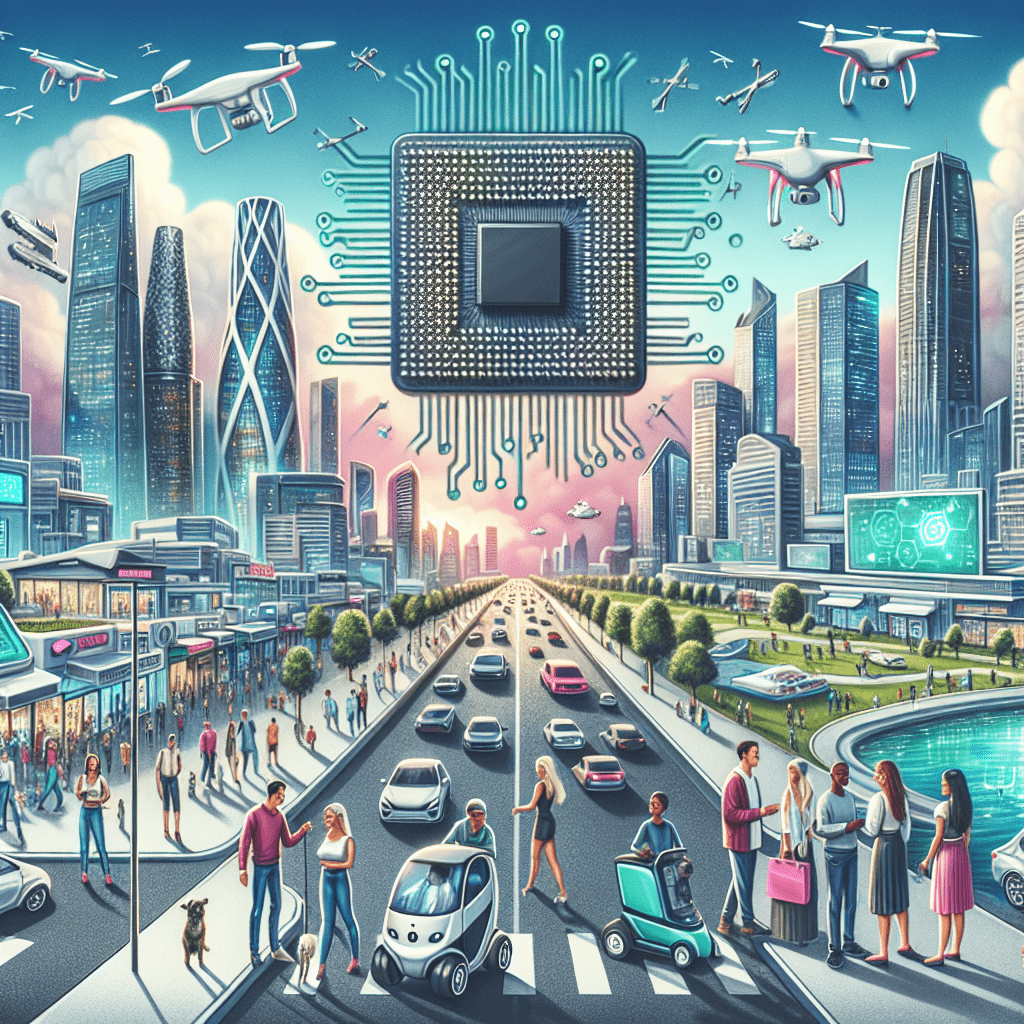Artificial Intelligence (AI) has become an integral part of our daily lives, influencing the way we work, communicate, shop, and even socialize. From voice assistants like Siri and Alexa to recommendation algorithms on streaming platforms and social media, AI is all around us, shaping our experiences and interactions in ways we may not even realize.
How AI is Changing Industries
AI is revolutionizing industries across the board, from healthcare and finance to transportation and entertainment. In healthcare, AI-powered tools are being used to diagnose diseases, personalize treatment plans, and even assist in surgery. In finance, AI is being used to detect fraud, automate tasks, and provide personalized financial advice.
Furthermore, AI is transforming the way we shop, with recommendation algorithms offering personalized product suggestions based on our past purchases and browsing history. In transportation, AI is powering self-driving cars and optimizing traffic flow, making our commutes safer and more efficient. In entertainment, AI is being used to create personalized music playlists, recommend movies and TV shows, and even generate new content.
The Impact of AI on Education and Work
AI is also having a significant impact on education and the workforce. AI-powered tools are being used to personalize learning experiences, provide real-time feedback, and assist teachers in managing their classrooms. In the workplace, AI is automating repetitive tasks, improving productivity, and enabling employees to focus on more strategic and creative work.
However, the growing influence of AI is also raising concerns about job displacement and the ethical implications of AI decision-making. As AI becomes more advanced, there is a need for regulations and guidelines to ensure that AI systems are transparent, unbiased, and accountable.
The Future of AI in Everyday Life
Looking ahead, the influence of AI on everyday life is only expected to grow. As AI technologies continue to evolve and become more integrated into our daily routines, we can expect to see even more personalized and efficient experiences across a wide range of industries.
It is essential for society to embrace the potential benefits of AI while also being mindful of the challenges and risks it poses. By staying informed, advocating for transparent and ethical AI practices, and actively participating in discussions about AI governance and regulation, we can help shape a future where AI enhances our lives in meaningful ways.
Conclusion
Artificial Intelligence is playing an increasingly significant role in shaping our everyday lives, transforming industries, education, work, and entertainment. As AI technologies continue to advance, it is crucial for us to understand the implications of AI on our society and take proactive steps to ensure that AI is developed and deployed responsibly.
FAQs
What is Artificial Intelligence?
Artificial Intelligence refers to the simulation of human intelligence processes by machines, particularly computer systems. AI encompasses a wide range of technologies, including machine learning, natural language processing, and computer vision.
How is AI used in everyday life?
AI is used in everyday life in a variety of ways, from voice assistants like Siri and Alexa to recommendation algorithms on streaming platforms and social media. AI is also used in healthcare, finance, transportation, education, and entertainment, among other industries.
What are the benefits of AI?
AI offers numerous benefits, including increased efficiency, improved decision-making, personalized experiences, and enhanced productivity. AI-powered technologies have the potential to revolutionize industries, improve healthcare outcomes, and transform the way we work and interact with technology.
Quotes
“The question of whether a computer can think is no more interesting than the question of whether a submarine can swim.” – Edsger W. Dijkstra


